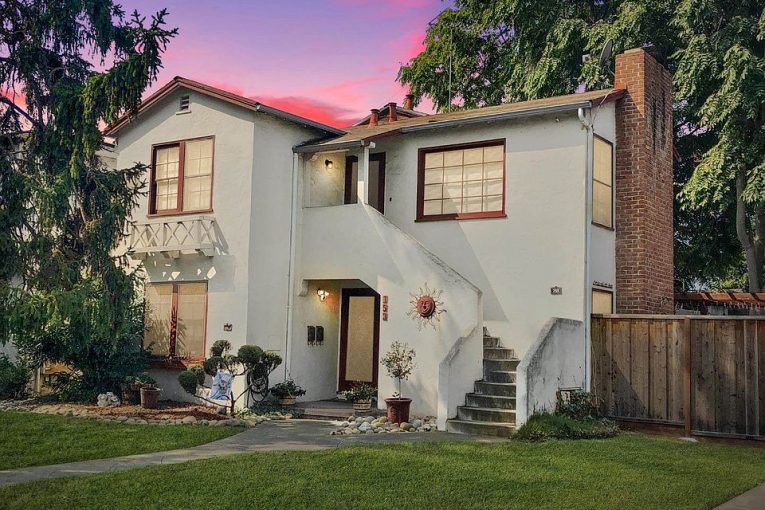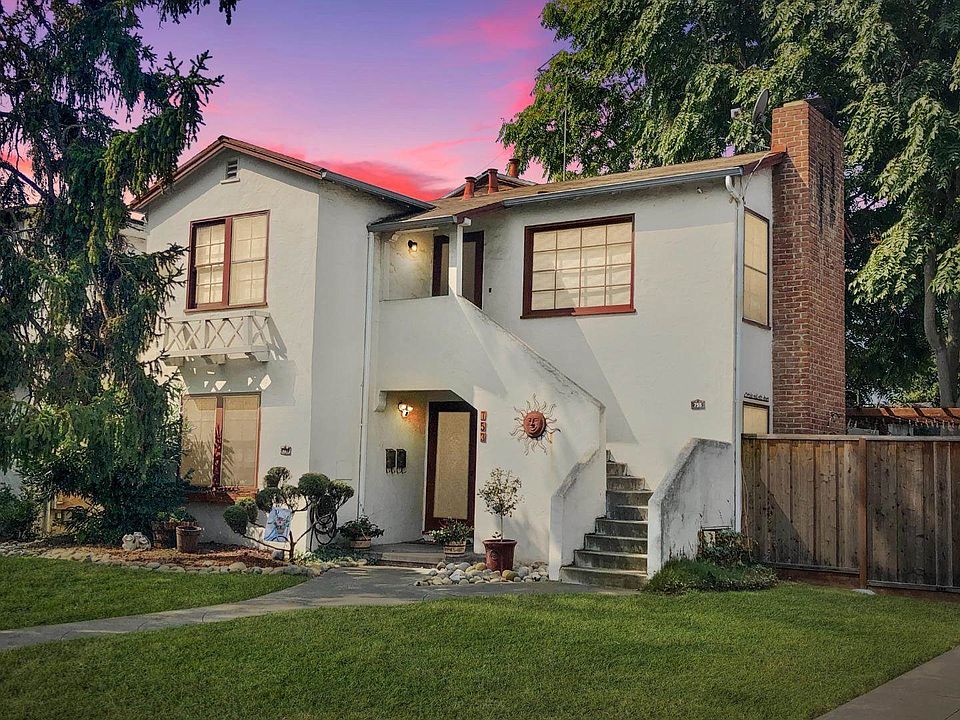

By David M. Greenwald
Executive Editor
Sacramento, CA – The big news this week has been the fallout from a lower court decision on enrollment at UC Berkeley, and the unanimous action of the Berkeley City Council to back an amicus brief along with one by Governor Newsom.
In the meantime, an effort to rollback changes to state affordable housing and densification efforts has faltered, at least for 2022, as the organizers for the Neighborhood Voices campaign announced on Friday they “will re-file their measure to qualify for the 2024 ballot and continue organizing an ‘unstoppable neighborhood grassroots movement’ of several hundred thousand Californians to make that qualification a certainty.”
In their announcement they put blame on “the combination of COVID-19, the dramatic spike in the cost of paid signature gathering and the need for more time to organize volunteer signature gatherers required the change in schedule.”
“We are not stopping, we are not slowing down, we are not ever going to give up until we have restored a neighborhood voice in community planning,” said proponent Bill Brand, Mayor of Redondo Beach.
“New State laws like SB9 are stripping local communities of their ability to control what happens in their own towns. This cannot stand and thanks to the thousands of Californians joining our cause, it will not stand,” said Brand.
Supporters say that this initiative “will protect the ability of local communities to adopt laws that shape local growth, preserve the character of  neighborhoods, and require developers to actually produce more affordable housing and contribute to the costs associated with new housing.”
neighborhoods, and require developers to actually produce more affordable housing and contribute to the costs associated with new housing.”
But is there really a movement here to begin with?
While SB 9 has attracted a lot of controversy, experts such as the study by the Terner Center for Housing Innovation at UC Berkeley have argued that, while the bill could allow owners to expand to duplexes and fourplexes, under most cases the cost of new housing plus the profit selling or renting the property (and there are owner occupancy requirements) would not be financially viable.
Meanwhile SB 10 allows cities to “upzone non-sprawl areas” (areas that are close to transit or in existing urbanized locations, thus reducing vehicle usage and long commutes) for up to ten-unit buildings, without having to go through the California Environmental Quality Act (CEQA).
The initiative would seek to turn these back—but in my experience, absent an actual controversial proposal it will be hard to rally people against these relatively modest changes.
Moreover, the increasing cost of housing, the stress on people of modest means to pay for rents and the situations like Berkeley figure to make it hard to galvanize the kind of grassroots support needed to qualify an initiative for the ballot—let alone get it passed.
Delaying until 2024 allows for the organizers to better organize but it also dissipates a lot of whatever immediate energy they had to push back.
Still, they put their best face forward.
“Our grassroots movement is growing every single day – but we are fighting the Sacramento power structure and we need more time to build the kind of people’s movement that can win back our neighborhood voice. This is going to happen by 2024,” said Jovita Mendoza of the Brentwood City Council.
“Sacramento should be worried. The people are fighting back and this extra time means our grassroots movement will be even more powerful as we organize to take back our neighborhood voices,” said Yorba Linda City Councilmember Peggy Huang.
“We are rolling all of our resources into this expanded effort and will spend every cent making sure we can take on the powerful Sacramento politicians and win,” said co-sponsor Dennis Richards of San Francisco.
“Because so many of our families face displacement, so many of our neighborhoods are being damaged and there are so many effective ways to create affordable housing instead of handing blank checks to developers – we will never stop fighting until this job is done,” said proponent John Heath, co-founder of the United Homeowners’ Association.
One problem that supporters of this initiative might face is that while they clearly oppose the solution proposed by Sacramento—more density in existing and potentially new neighborhoods, they don’t offer a viable alternative.
With the real estate market exploding this year, the Washington Post reports this week that “investors brought a record share of homes in 2021.”
In Sacramento that rate was just eight percent—lower than most of the major metro areas, but twice the rate of 2015 when it was just four percent.
San Francisco’s was six percent. However, according to recent reports, there are 40,458 housing units in the city of San Francisco that are sitting empty—one of 10, even as the city is in a housing crisis.
That could mean a vacant-home tax, supported by Supervisor Dean Preston, could appear on the San Francisco November ballot.
Preston said last week that he believes that tax could raise more than $38 million and would also discourage investors from sitting on empty property.
If approved, the revenue could fund rental subsidies for seniors and low-income families as well a program for the city to buy empty buildings and convert them into affordable housing.


Amen brother Brand, Amen!
The initiative actually dealt with far-more than SB 9 and 10. From what I can tell, the wording of this would have also gutted RHNA requirements, further protected urban limit lines, etc.
https://www.livablecalifornia.org/livable-california-endorses-the-our-neighborhood-voices-initiative/
Part of the problem is that signatures have to be gathered in person, which isn’t easy during a pandemic.
The other problem (in my opinion) is that the supporters did not adequately describe the scope of protections that the initiative would have provided.
Of course, another problem that will be faced (if it qualifies in the future) are the embedded special interests throughout the state, which would fight it.
This strikes me as government overreach. However, it is also a pretty clear sign of wealth discrepancy.